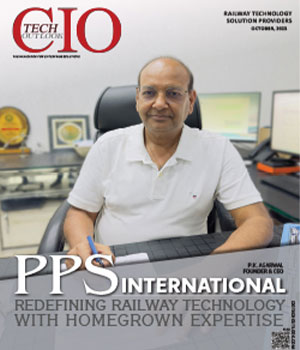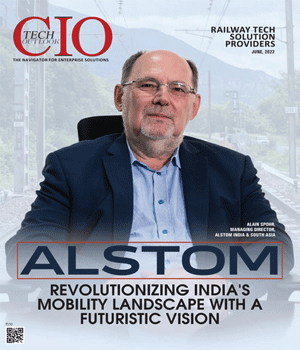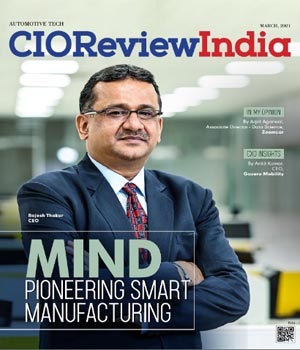
XConn Tech and Liqid Partner To Offer Composable Memory Solution
CIOTechOutlook Team | Tuesday, 14 November 2023, 02:36 IST
 XConn Technologies, the innovator in next-generation interconnect technology for high-performance computing and AI applications, has announced a strategic partnership with Liqid, the global leader in composable disaggregated infrastructure (CDI) solutions, to deliver next-generation composable memory based on the Compute Express Link (CXLTM) 2.0 protocol. This week, during SC23, November 12-17 in Denver, the firms will showcase a demonstration of the composable memory solution, which will also include Samsung technology.
XConn Technologies, the innovator in next-generation interconnect technology for high-performance computing and AI applications, has announced a strategic partnership with Liqid, the global leader in composable disaggregated infrastructure (CDI) solutions, to deliver next-generation composable memory based on the Compute Express Link (CXLTM) 2.0 protocol. This week, during SC23, November 12-17 in Denver, the firms will showcase a demonstration of the composable memory solution, which will also include Samsung technology.
Memory-intensive applications such as AI and genomics research often face memory bottlenecks which can limit innovation and stall application performance. Using composable memory based on the CXL 2.0 protocol, application developers can achieve new levels of efficiency, flexibility and agility. During SC23, XConn and Liqid will showcase a composable memory solution to take processing to the next level, as per XConn.
Liqid Matrix software now supports the XConn Apollo switch, the industry's first and only hybrid CXL 2.0 and PCIe Gen 5 interconnect solution, allowing the orchestration of disaggregated devices linked via CXL fabric. The XConn switch delivers the industry's lowest port-to-port latency and power consumption per port on a single chip at a low total cost of ownership on a single 256-lane SoC.
"Next generation applications can't be limited by traditional memory barriers. A revolutionary change must be made to today's infrastructure architecture to empower the processing performance modern workloads need to advance," said Gerry Fan, CEO, XConn. "Our partnership with Liqid is delivering on this need, creating truly composable memory that can meet precise memory requirements in seconds, add and remove memory in real time and truly improve memory utilization and efficiency."
CIO Viewpoint
Why Foolproof Facial Recognition Is Key Against...
By Joseph Sudheer Thumma, Global CEO & MD, Magellanic Cloud
National Technology Day 2025: Powering Progress...
By CIOTech Outlook Team
Aligning IT Roadmap with Business Objectives: A...
By Subhash singh Punjabi, CISO & Head Enterprise Architecture, Deepak Fertilisers & Petrochemicals Corporation Ltd
CXO Insights
Tech Landscape of In-Cabin Experiences and...
By Sanjay Saha, India Country Manager, Synaptics
3 Focus Areas For An Autonomous Driving Revolution
By Varun Chhabra, Vice President, Product Marketing Cloud, Dell Technologies
The Electrified Car Industry Must Reimagine its...





.jpg)
.jpg)
.jpg)





